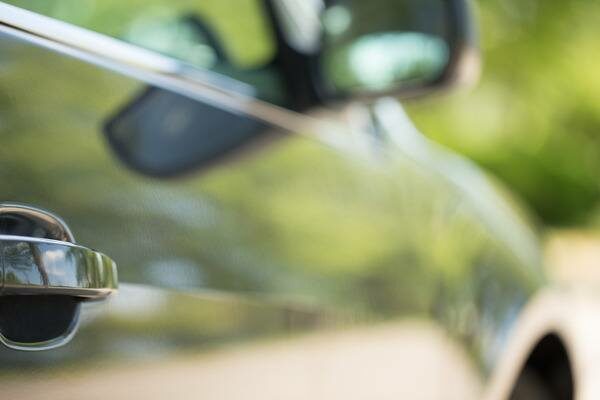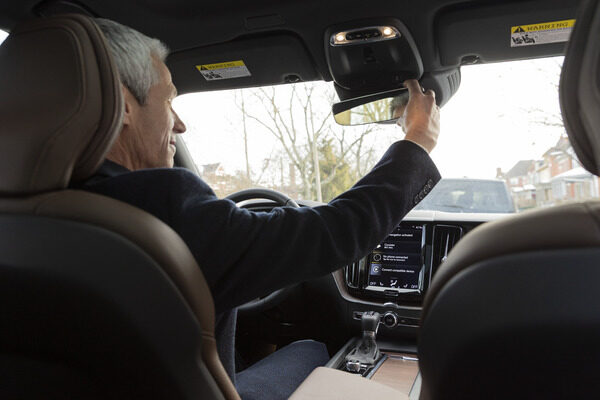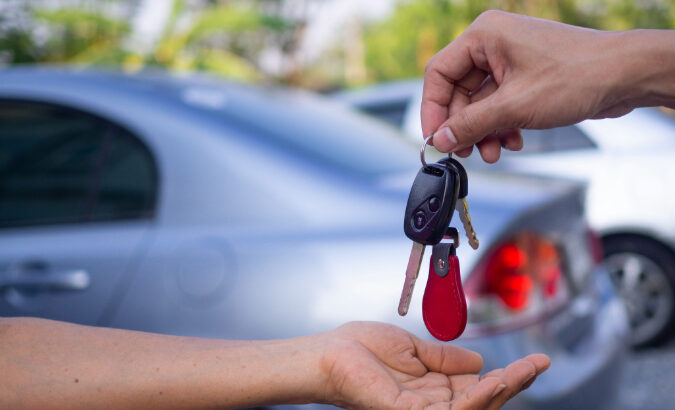
Auto accidents can happen to anyone, no matter how safe a driver they are. Whether it’s a minor fender-bender in the neighborhood or a more serious collision on the highway, there are a few things you should always do when you’ve been involved in an accident. These tips will help you know what to do if the unexpected happens, so you can stay calm, get the help you need, and move forward with any necessary auto insurance claims.
1. Get help
The most important thing to do can also be the most challenging—stay calm. First and foremost, take care of yourself and others. Check yourself for any injuries and then do the same for your passengers and anyone else involved in the accident. If anyone involved requires medical attention, call emergency services right away.
2. Do what’s safe
Safety should be your main priority in the event of an accident. If possible, move your vehicle to a safe area and turn it off. If you keep cones or flares in your vehicle, this is the time to use them. Set the cones or flares out to warn oncoming traffic of the hazard and to create a safe area for yourself.
3. Call the police
Even in a minor accident, it’s important to call the police; in fact, it’s mandatory in some states. Contacting the police helps ensure the safety of all involved and filing a police report is a crucial part of the claims process down the line.[1]
4. Document the scene
Things can happen fast after an accident. Documenting the scene while you’re there helps you remember the specifics of how it occurred. Take photos of the accident, including different perspectives of the scene and your vehicle. Record eyewitness accounts if possible, asking people to explain the events of the incident. And be sure to check with officers about how to get a copy of the police report once it’s filed.
5. Collect necessary information
Collecting pertinent information on-site might seem like a chore, but if you need to file a claim, you’ll be glad you have everything in one place. Here’s a handy checklist of information to gather:
- Full name and contact info of the parties involved
- Insurance company and policy number
- Vehicle description (make, model, year)
- Driver’s license & plate number
- Location of the accident
- Eyewitness contact information
- Name & badge number of police officers who responded to the scene
6. Notify your insurance provider and file a claim
As soon as possible after everyone is safe and the police report has been filed, call your insurer and begin the claims process. Your Nationwide representative will take it from there, and you’ll be able to log into your account to track the status of your claim.
How to prepare beforehand
Accidents are unpredictable but you can be prepared to handle one, should it happen. Here are some things you can do now, that will help you handle the process of dealing with an accident in the future:
- Get a car safety kit [2] and keep it packed and in your vehicle. Include cones or flares, general first aid, and bottled water.
- Keep important documents in the car at all times, including your proof of insurance.
- Make sure your phone is charged when you head out on the road.
- Make sure your auto coverage is up to date and that you have the coverage you need. Check out Nationwide Auto Coverages to learn more.
[1] https://www.thebalance.com/your-car-accident-and-the-police-2645863
[2] https://www.ready.gov/car



